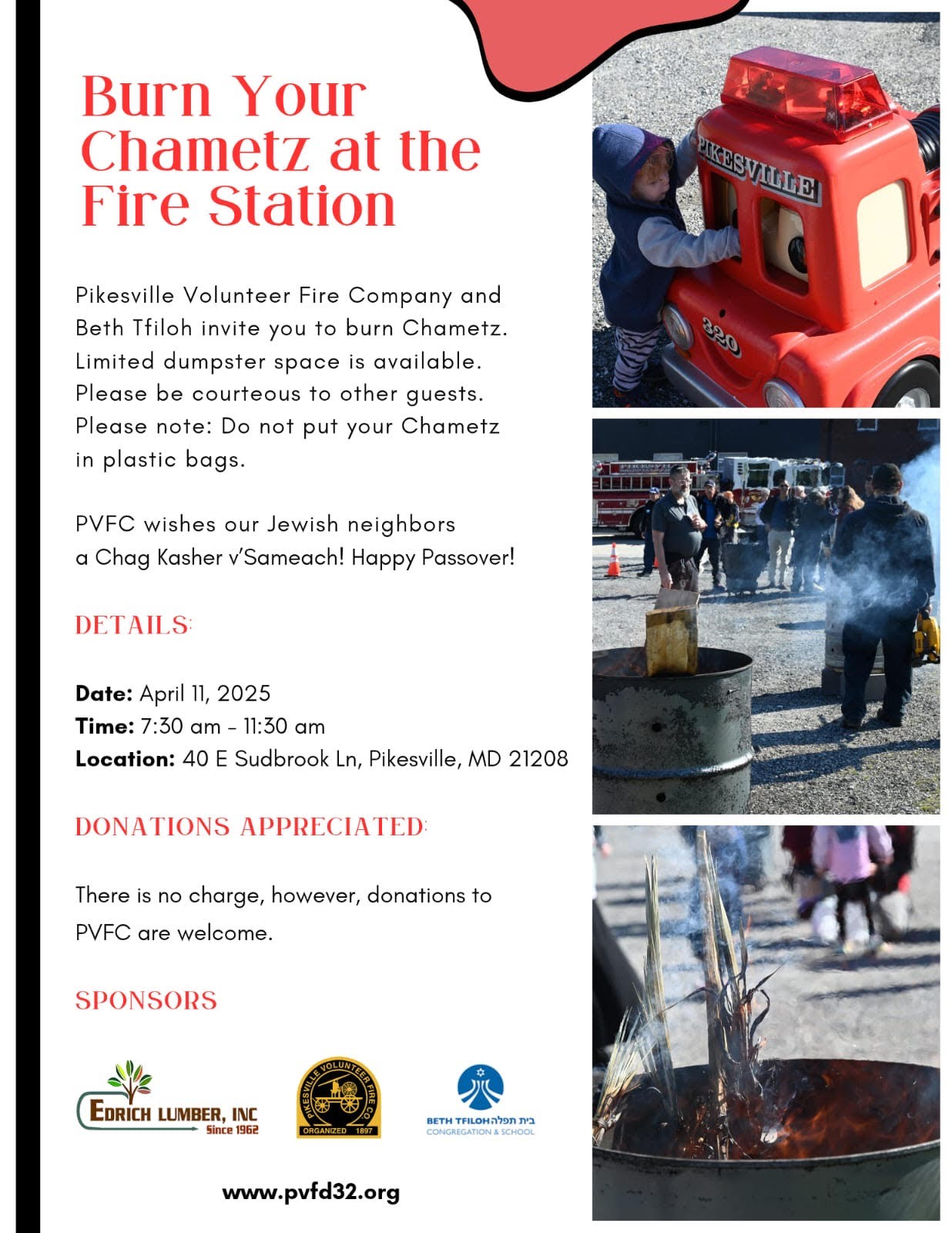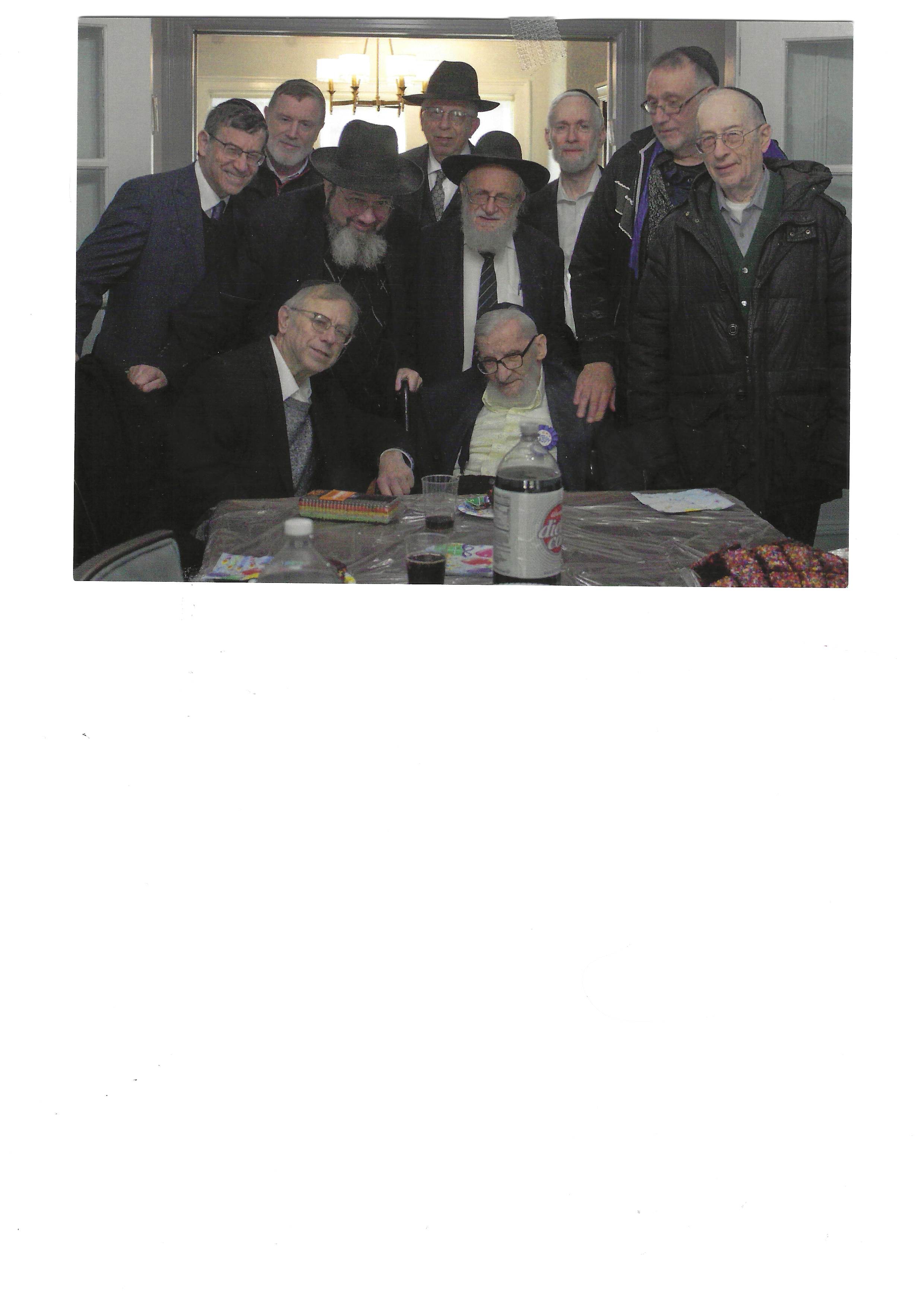Panic-Free Pesach Prep

I am by no means or stretch of the imagination a professional organizer. Occasionally, I pretend to be one as organizing, thank G-d, is something that has always come easily to me. Ask my childhood friends about the way I used to enter their hurricane-wreckage bedrooms and leave them spick-and-span – as if Mary Poppins herself had paid a visit. As someone who is tidy by nature, I am here to offer some suggestions, recommendations, and advice related to the oh-so-daunting holiday prep that is Pesach.

















